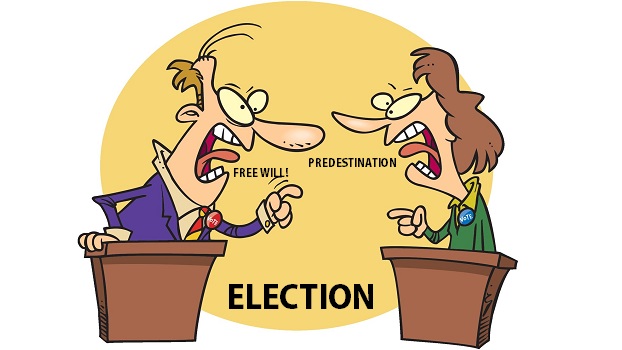Election season is an ideal time for middle school teachers to educate their students about the following:- Vocabulary, through the introduction of political terms- Mathematics, through understanding how polling works- Politics and social studies, through examining the important issues of the election.
In this two-part series, we will look at how learning about elections can be fun and informative by playing interactive games that involve the entire class, from which teachers also benefit a lot in terms of a real-time assessment of their students' performance, allowing them to determine if individual students require additional help.
In the first part of this series, we will look at games that will help students master vocabulary. The second part of this series will delve into activities that target mathematical, political and social studies concepts.
Working on Vocabulary
There is no better time to develop an understanding of political terminology among your middle school students than during election season. Even if they aren't overly politically-aware, the radio shows and television stations they tune into will be discussing politics. Educating them about electoral vocabulary early will help them develop an appreciation and passion for politics later in life.
Game#1
Choose two or three students and give each of them different definitions for one particular term, such as "ballot". Ask them to write these terms and definitions on your interactive display, or just recite them to the class. Only one of the definitions is correct.
Then ask the class to vote for which definition they believe is correct. Some terms, such as "voting", are easier than others, so this game will allow you to determine what areas of political terminology you should focus on teaching.
Game#2
Divide the class into two teams, or "political parties". Write a list of sentences on the interactive display that use a particular vocabulary term. Make sure that only one of the sentences uses the word correctly.
Have the two teams appoint a "party leader" and have them deliberate as a group over which sentence is correct. Then the party leaders of each team state which sentence they believe is correct.
To make this game more advanced, create a third team and task them with creating new sentences around a vocabulary term. You can rotate the teams so that each one of them has a chance to create sentences.
Previous:Interactive Classroom Games for Learning About Elections - Part Two
Next:3 Excellent Tools Teachers Can Use To Create a Smart Classroom
